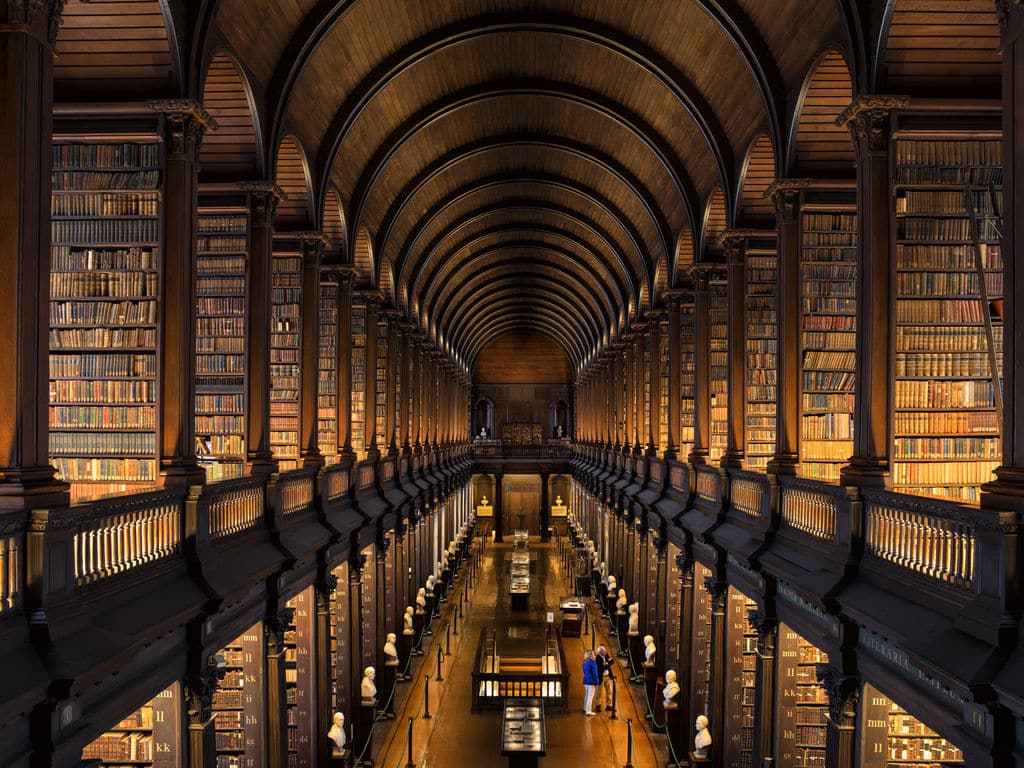This is number 3 in the “On” series. The first two are On Capitalism and On Privilege.
One thing I’ve noticed this year in particular is that when I explain to my students that according to a report out of Princeton, the United States is no longer a democracy, or when I show them an overview of the Kamehameha trustee scandal of the 1990s, it doesn’t seem to bother them. Can it be that they are growing up in a world in which freedom is no longer a given?

Robert Reich pointed out years ago that our newfound “freedoms” as consumers and investors (where choice really has increased) are counterbalanced by our increasing unfreedom where it really counts: at the ballot box.
We all think we know what freedom is, but do we? One person’s freedom often infringes on another’s. So John Stuart Mill gave us the most widely used definition that addresses this paradox: the greatest amount of freedom that does not infringe on the rights of others.
Slavoj Zizek is a theorist greatly concerned with freedom. Zizek warns us that our apparent freedoms are bound up in a complex set of conditions, that is, they are conditional.
There is a constant tension between freedom and security. Most people know that the US has moved steadily in the direction of security since 9/11.
But freedom, as Zizek hints at, is a tricky thing, and sometimes insecurity can be its synonym. Many advanced countries have found a reasonable balance between the security (financial security) of their citizens and their social freedoms.
For the US, this has been stifled by a political climate in which taxes have even been called a form of slavery (this is not normal, by the way, but quite an extreme position globally). It is precisely the tax burden in, say, Scandinavian countries, that allows the citizenry the time and leisure to be able to think in ways that are critical of the state. The perpetual motion required to survive in the US (and increasingly, in Britain) is a kind of bondage disguised as freedom.
Such a situation, in which one’s choices are constrained by economic dictates in a way that obscures the unfree nature of social life, amounts to a kind of colonization of the mind. It is perhaps for this reason that some are proposing a guaranteed minimum income, which, while sounding outrageous, has already been implemented in moderate ways in a few places (such as some Indian reservations). Such an income would free up time to prepare our minds for real freedom of a kind we have not yet known.


On the subject of Freedom in a capitalist and privileged world: We are a busy energetic species well trained and adapted to working so much of the time finding oneself with time without work or labor to perform can be disquieting. It would be nice (more than nice) if there were other forms of money, or things that work like money that accomplish the same thing with more flexibility and less fear. It would be a great equalizer. We’d feel some liberation from the money chase and find some freedom from the grist mill. And the most precious of all things… time… would be our gift.
LikeLike